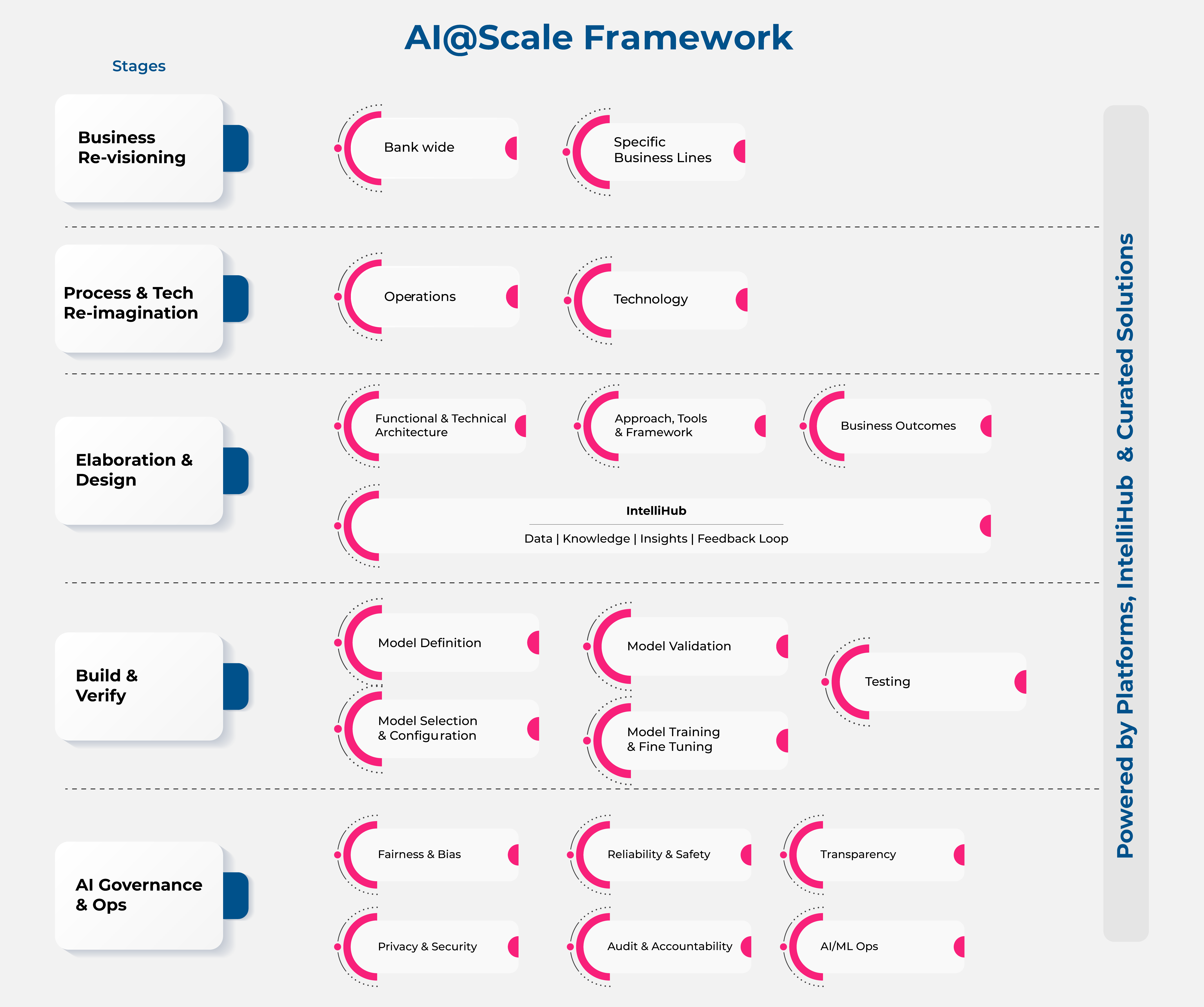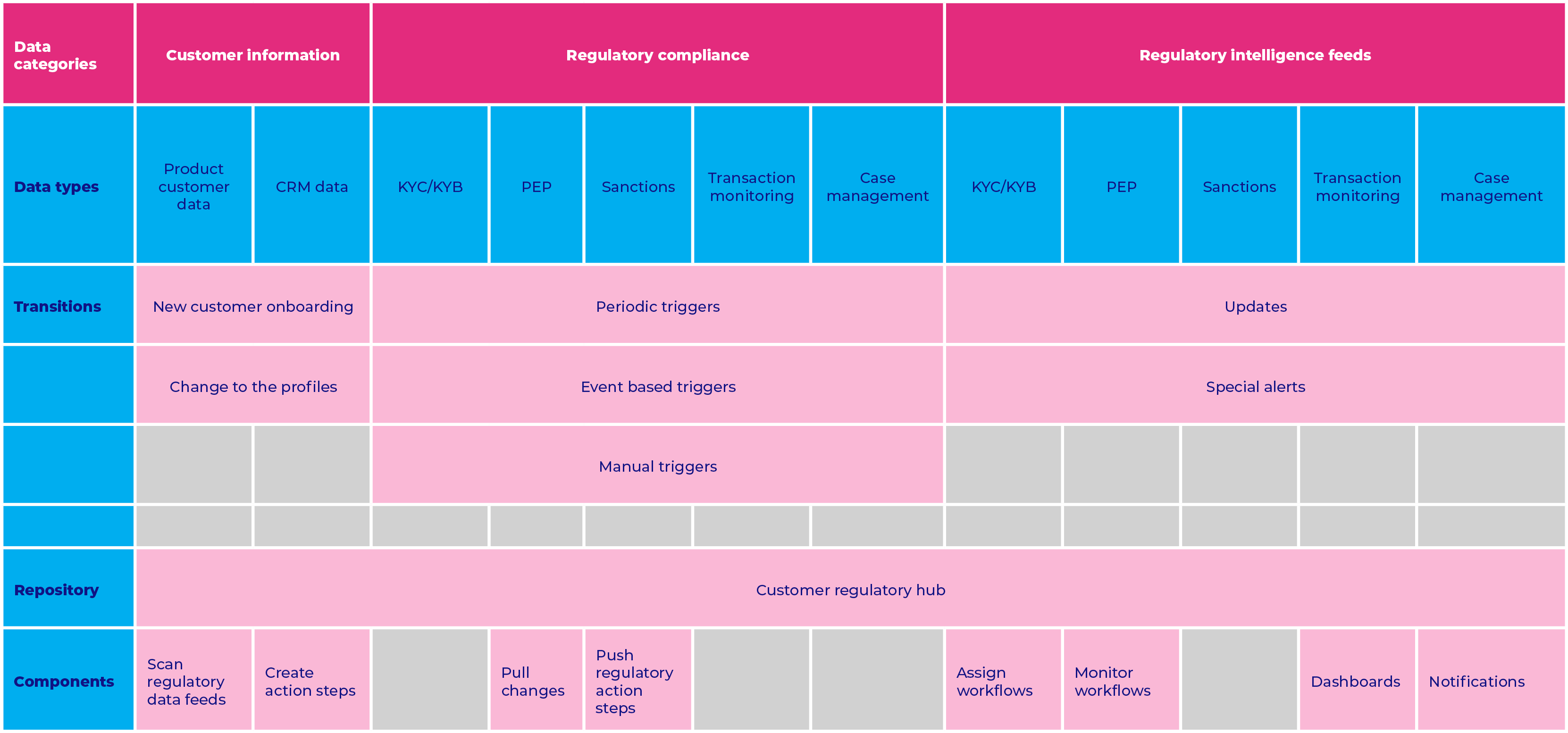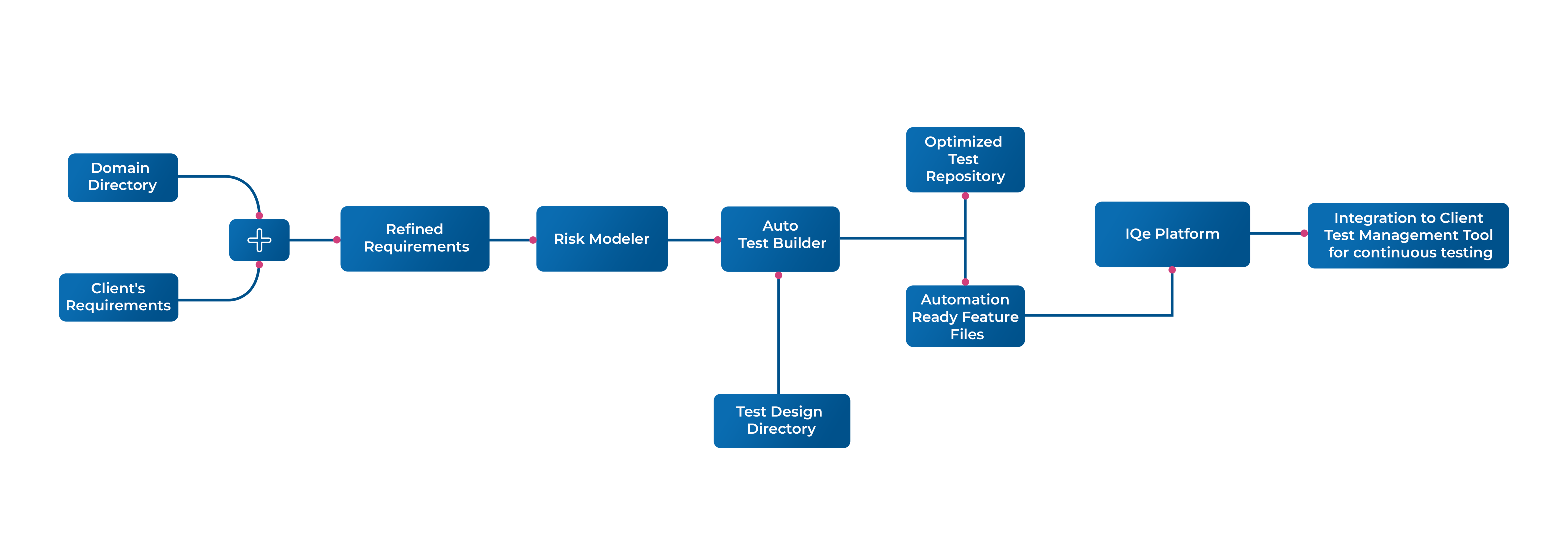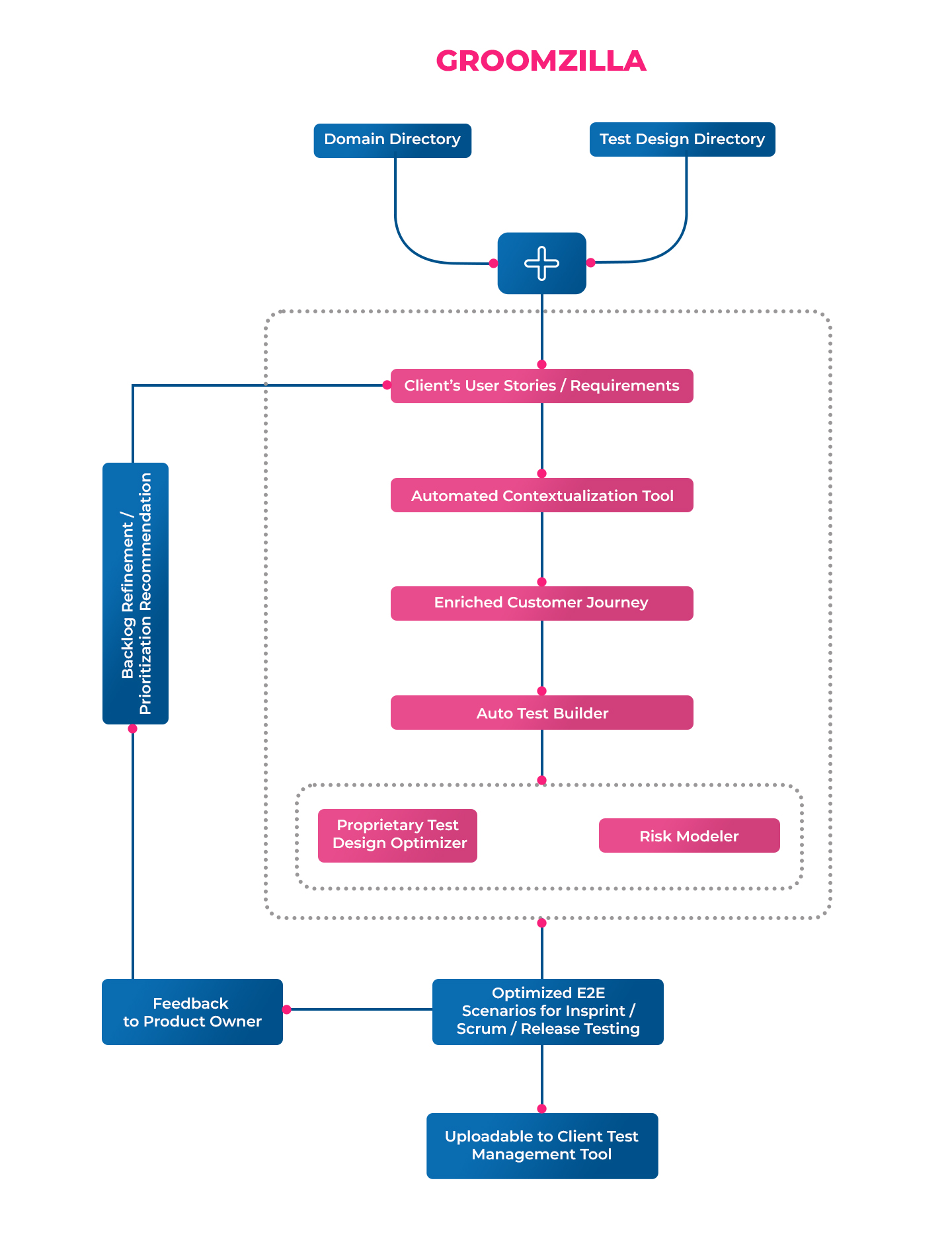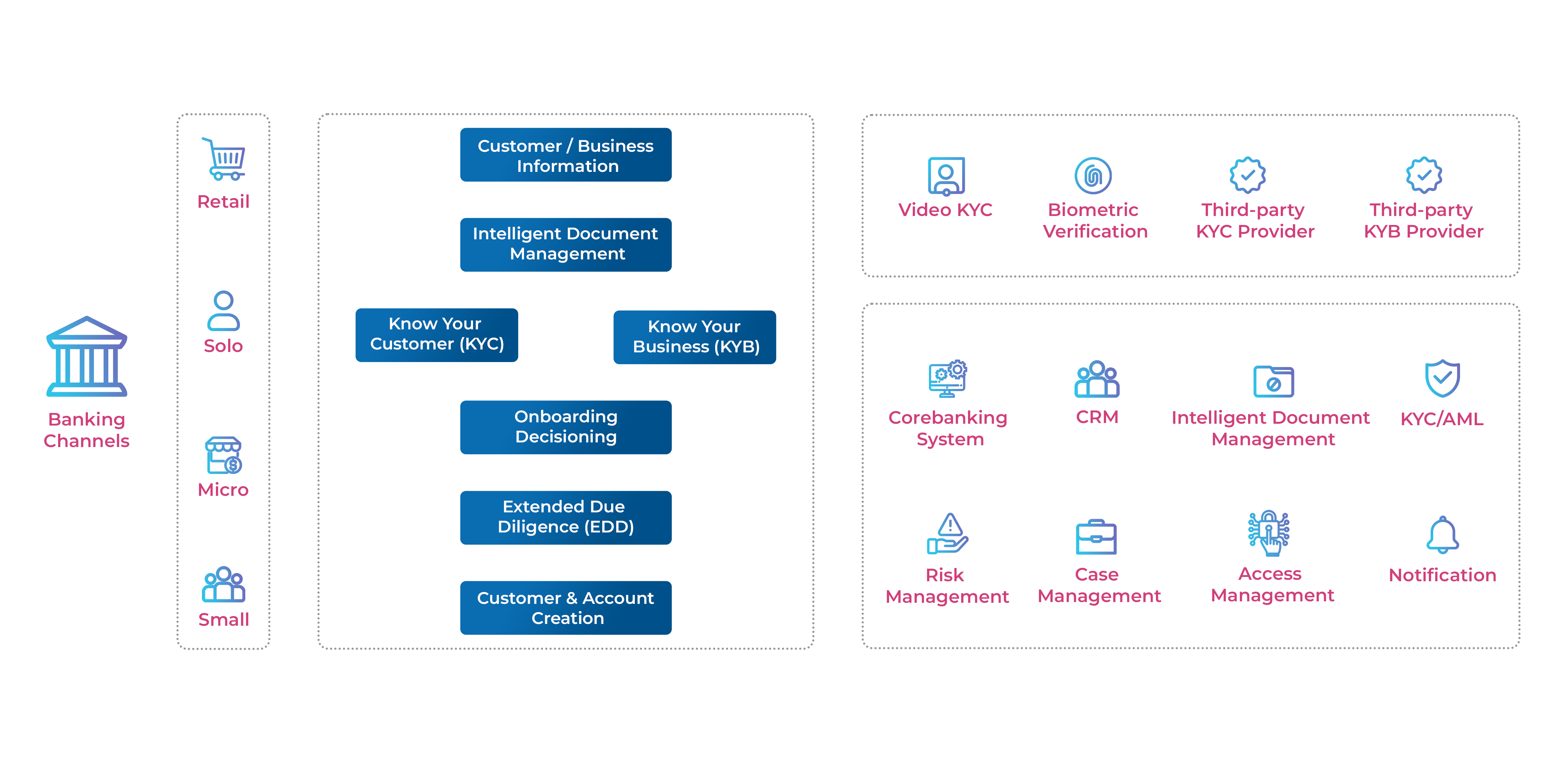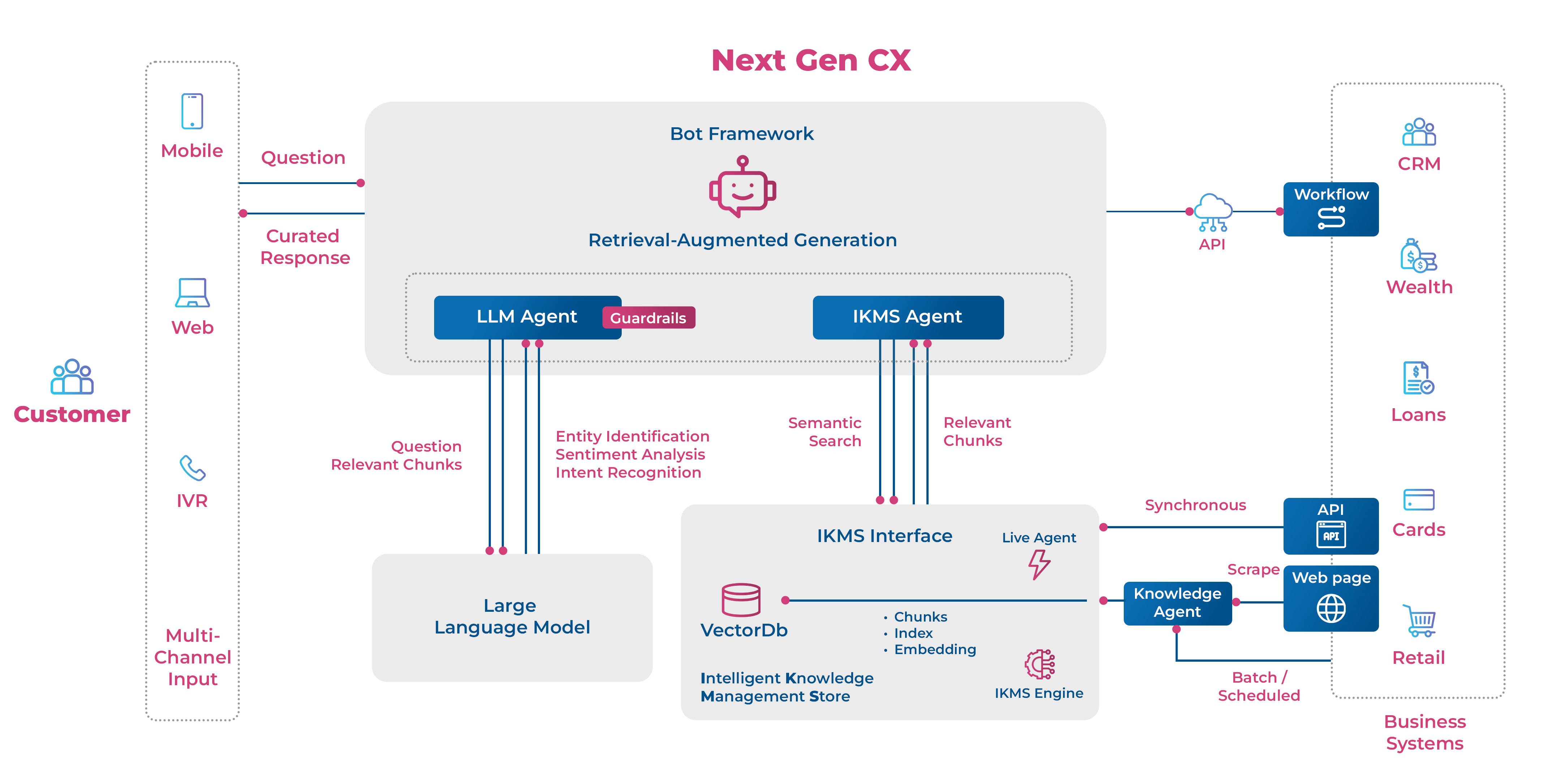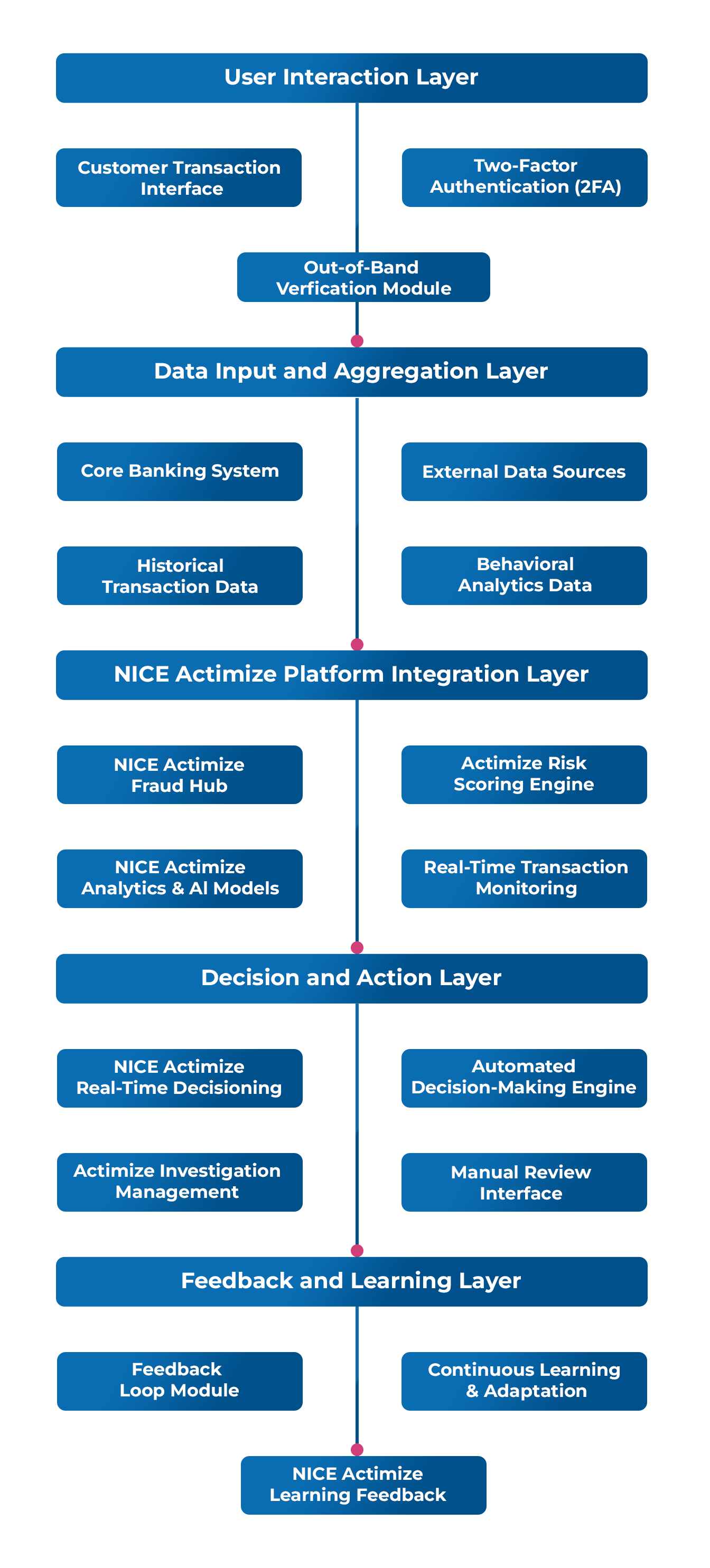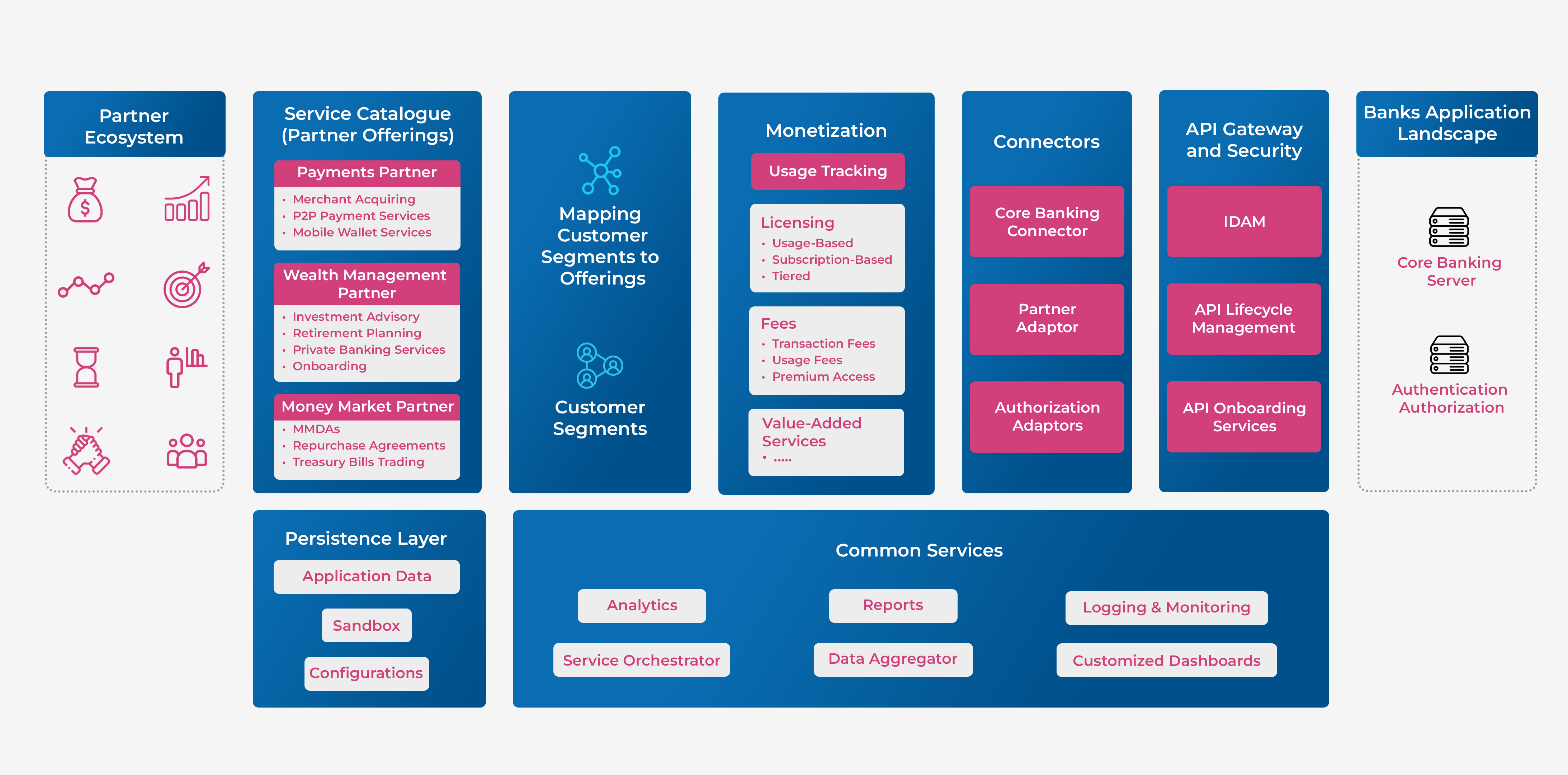In the ever-evolving landscape of banking services, one thing remains constant: the need for exceptional customer experiences. Organizations have turned to DevOps as a powerful tool for optimizing their operations and delivering superior services to meet this demand.
By leveraging DevOps principles, banks can streamline their processes, enhance collaboration, and ultimately improve the overall effectiveness of their operations. This approach enables them to adapt to market changes quickly, respond to customer needs, and ensure the seamless delivery of innovative solutions.
In this article, we will explore how banks can harness the power of DevOps to enhance their service, increase efficiency, and gain a competitive advantage in the industry. From automated software development and testing to continuous delivery and deployment, we will delve into the critical components of a successful DevOps strategy in the banking sector.

The Benefits of Implementing DevOps in the Banking Industry
DevOps offers numerous benefits for the banking industry. Firstly, it lets banks shorten their software development cycles, allowing faster updates and feature releases. This agility is crucial in a fast-paced industry where customer expectations constantly evolve.
Furthermore, DevOps promotes collaboration and communication between different teams within a bank, breaking down silos and fostering a culture of shared responsibility. By integrating development, operations, and quality assurance teams, banks can achieve greater efficiency and reduce the risk of errors or delays.
Another advantage of DevOps is its ability to automate repetitive tasks, such as software testing and deployment. This automation not only saves time and resources but also reduces the likelihood of human error, ensuring higher quality and reliability in banking services.
Critical Challenges in Adopting DevOps in Banking
While the benefits of DevOps in banking are clear, there are several challenges that organizations may face when adopting this approach. One common challenge is the resistance to change within traditional banking institutions. DevOps requires a shift in mindset and culture, which can be met with resistance from employees accustomed to traditional working methods.
Additionally, the complexity of banking systems and the regulatory environment can pose challenges for implementing DevOps. Banks must ensure compliance with various regulations, such as data security and privacy laws while maintaining the agility and speed that DevOps offers.
Another challenge is the integration of legacy systems with modern DevOps practices. Many banks still need to rely on legacy systems that are not easily compatible with DevOps’s automation and continuous delivery aspects. This integration process can be complex and time-consuming.
Innovating with DevOps in Banking – Best Practices.
To successfully implement DevOps in the banking industry, organizations should consider the following best practices:
1. Start with a clear vision:
Define the desired outcomes and objectives of implementing DevOps in banking. This will help guide the implementation process and ensure alignment with business goals.
2. Foster a culture of collaboration:
Encourage collaboration and communication between different teams and departments within the bank. Break down silos and promote shared responsibility to achieve greater efficiency and effectiveness.
3. Automate processes:
Identify opportunities for automation in software development, testing, and deployment. Automating repetitive tasks can save time, reduce errors, and improve the overall quality of banking services.
4. Embrace continuous integration and delivery:
Implement continuous integration and delivery practices to enable faster updates and feature releases. This allows banks to respond quickly to customer needs and market changes.
5. Ensure security and compliance:
Pay special attention to security and compliance requirements in the banking industry. Implement robust security measures and ensure compliance with relevant regulations, such as data protection laws.
By following these best practices, banks can maximize the benefits of DevOps and overcome the challenges associated with its implementation.
Case Studies of Successful DevOps Implementations in Banking
Several banks have successfully implemented DevOps principles to enhance their services and gain a competitive advantage. One example is Bank of America, which embraced DevOps to improve its software development and delivery processes. By automating testing and deployment, the bank significantly reduced the time required to release new features and updates.
Another case study is Barclays, a leading global bank. Barclays implemented DevOps practices to improve collaboration and speed up software development cycles. By breaking down silos and promoting cross-functional teams, the bank achieved faster time-to-market and improved customer satisfaction.
Tools and Technologies for DevOps in Banking
Several tools and technologies are available to support DevOps practices in the banking industry. These include:
1. Version control systems:
Tools like Git and Subversion allow banks to track changes and collaborate on software development projects.
2. Continuous integration tools:
Tools like Jenkins and CircleCI enable banks to automate the integration of code changes and run tests.
3. Configuration management tools:
Tools like Ansible and Puppet help banks manage and automate the configuration of their infrastructure.
4. Containerization platforms:
Platforms like Docker and Kubernetes facilitate the deployment and management of applications in a scalable and efficient manner.
5. Monitoring and logging tools:
Tools like Splunk and ELK Stack help banks monitor the performance of their systems and troubleshoot issues.
The Role of Automation in DevOps for Banking Services
Automation plays a crucial role in DevOps for banking services. It enables banks to automate repetitive and time-consuming tasks, such as software testing and deployment, thereby saving time and resources. Automation also reduces the risk of human error, ensuring higher quality and reliability in banking services.
In addition to saving time and reducing errors, automation allows banks to achieve faster time-to-market for new features and updates. By automating the software development and delivery processes, banks can respond quickly to customer needs and market changes, gaining a competitive edge in the industry.
The Future of DevOps in the Banking Industry
DevOps has the potential to revolutionize the way banking services are delivered, enabling banks to enhance their services, increase efficiency, and gain a competitive advantage in the industry. By leveraging DevOps principles, banks can streamline their processes, enhance collaboration, and ensure the seamless delivery of innovative solutions.
As the banking industry continues to evolve, with increasing customer expectations and market changes, DevOps will play a crucial role in enabling banks to adapt quickly and deliver exceptional customer experiences. By embracing DevOps and investing in the necessary tools, technologies, and training, banks can position themselves at the forefront of innovation and drive the future of banking services.
About Maveric Systems
Established in 2000, Maveric Systems is a niche, domain-led, BankTech specialist, transforming retail, corporate, and wealth management digital ecosystems. Our 2600+ specialists use proven solutions and frameworks to address formidable CXO challenges across regulatory compliance, customer experience, wealth management and CloudDevSecOps.
Our services and competencies across data, digital, core banking and quality engineering helps global and regional banking leaders as well as Fintechs solve next-gen business challenges through emerging technology. Our global presence spans across 3 continents with regional delivery capabilities in Amsterdam, Bengaluru, Chennai, Dallas, Dubai, London, New Jersey, Pune, Riyadh, Singapore and Warsaw. Our inherent banking domain expertise, a customer-intimacy-led delivery model, and differentiated talent with layered competency – deep domain and tech leadership, supported by a culture of ownership, energy, and commitment to customer success, make us the technology partner of choice for our customers.



